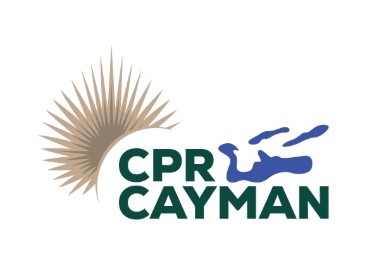
|
Getting your Trinity Audio player ready...
|
In a press release from Caribbean Utilities Company, Ltd. (“CUC”) dated July 4, 2024, CUC announced that a 3.2% rate adjustment would be effective June 1, 2024. Some members of the public reacted to this increase on social media, calling it an “unfair hike” and suggesting that it should not be “retroactive” to June 1, 2024. However, what is referred to as an “unfair hike” is allowed by the Rate Cap and Adjustment Mechanism (“RCAM”) detailed in the terms of the twenty-year Transmission & Distribution Licence agreement dated April 3, 2008, signed by the Cayman Islands Government. The “retroactive” date is also permitted in that contract.
Here is how the rate mechanism works
Under the Electricity Sector Act, RCAM or rate cap and adjustment mechanism means the mechanism for determining and modifying prices for electricity delivered by a T&D licensee to consumers as approved by OfReg and specified in that licensee’s T&D licence.
Under the Licence granted by the Cayman Islands Government, “The RCAM is based on a formula that incorporates readily available external data to determine the Price Level Index.”
The Licence added:
The Price Level Index is adjusted by an appropriate factor, which may provide for a rate increase less than, equal to, or greater than the Price Level Index, or for no increase.
The relationship of the level of adjustment to the Price Level Index is based on the Licensee’s Return on Rate Base, which is to be calculated from the most recent audited financial statements.
The Licence continued:
The RCAM will adjust the Base Rates on June 1 of each year (unless a change is agreed upon by the Licensee and the Authority) in accordance with the following formula:
New Base Rate = Current Base Rate ( 100% + P (100% — X)}
Regarding this formula:
P = change in the Price Level Index, composed of 60% weighting of the Cayman Islands Consumer Price Index (CI CPI) and a 40% weighting of the United States of America Consumer Price Index (US CPI), (both after adjusting to remove the effects of prices of food and fuel), expressed as an annual percentage change as reported for the most recent calendar year (e.g. 3.0%);
X = the X Factor, or “productivity factor”, which is the amount by which the effects of inflation (P) will be reduced in determining the rate adjustment, expressed as a percentage or proportion of P.
Further, a “Z Factor” may be added to the Base Rate in effect from time to time.
Regarding the Z Factor, the Licence said:
The Z Factor, as defined in Condition 25.5, represents a charge to Consumers to recover unusual expenses outside of the control of the Licensee that are permitted to be recovered through a rate surcharge pursuant to this Licence and approved by the Authority.
The Z Factor is the amount, expressed in cents per kWh, approved by the Authority and estimated to recover the sum of those cost items deemed to be outside the constraints of the RCAM.
Based on the above extracts from CUC’s licence, it appears that CUC is using the mechanism under the Government-approved contract to adjust base rates. In addition, the adjustment appears to be in accordance with the contract granted by the Government, including the June 1 effective date.
With this being understood, let’s look at how the Licence is regulated.
Regulation
According to the Electricity Sector Act, one of the principal functions of OfReg is “to monitor and regulate the tariffs, rate structures and terms and conditions for electricity transmission and distribution charged to consumers by T&D licensees in accordance with the respective RCAM.”
If the rate is not in accordance with the RCAM set out in the Licence, then it would be understandable that OfReg would raise concerns.
From what is known so far, it appears that CUC followed the mechanism under the Government-approved contract and is within the terms of the Licence. In such a case, it would be unlikely that OfReg would raise issues.
In the circumstances, if Cayman residents are of the view that the Licence with CUC ought to be amended, they are encouraged to discuss with their MPs whether the Government would support amendments, which must be agreed to by the Government and CUC.
Further, Cayman residents are encouraged to ask MPs whether they, as members of the Legislature, would support amendments to the Electricity Sector Act (or any other Act) in the next sitting of Parliament to give OfReg additional powers in relation to utility regulators.
Lastly, Cayman residents may wish to ask MPs whether they, as members of the Legislature, would support the passage of new legislation or amend existing consumer protection policies or regulations to strengthen the protections for consumers.







